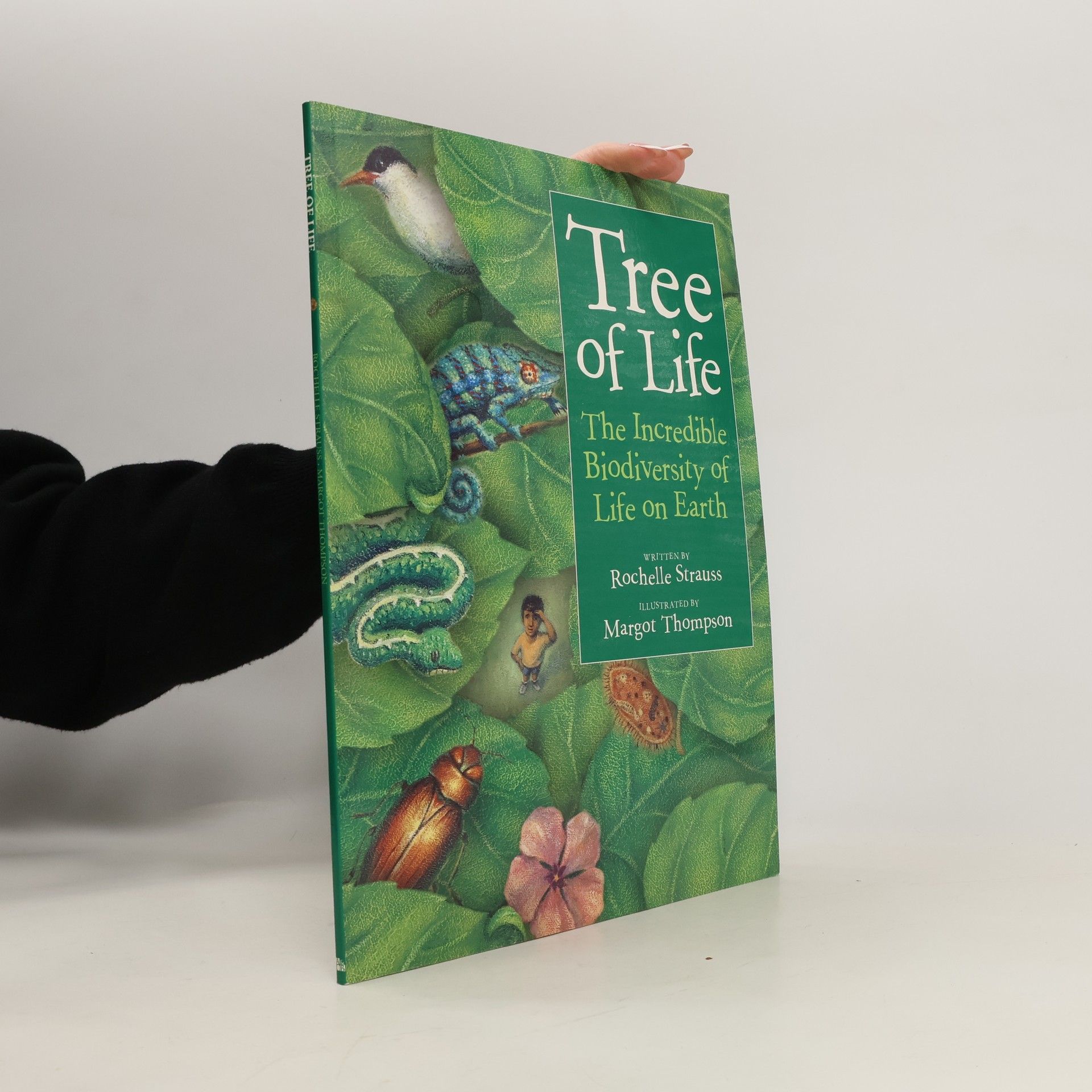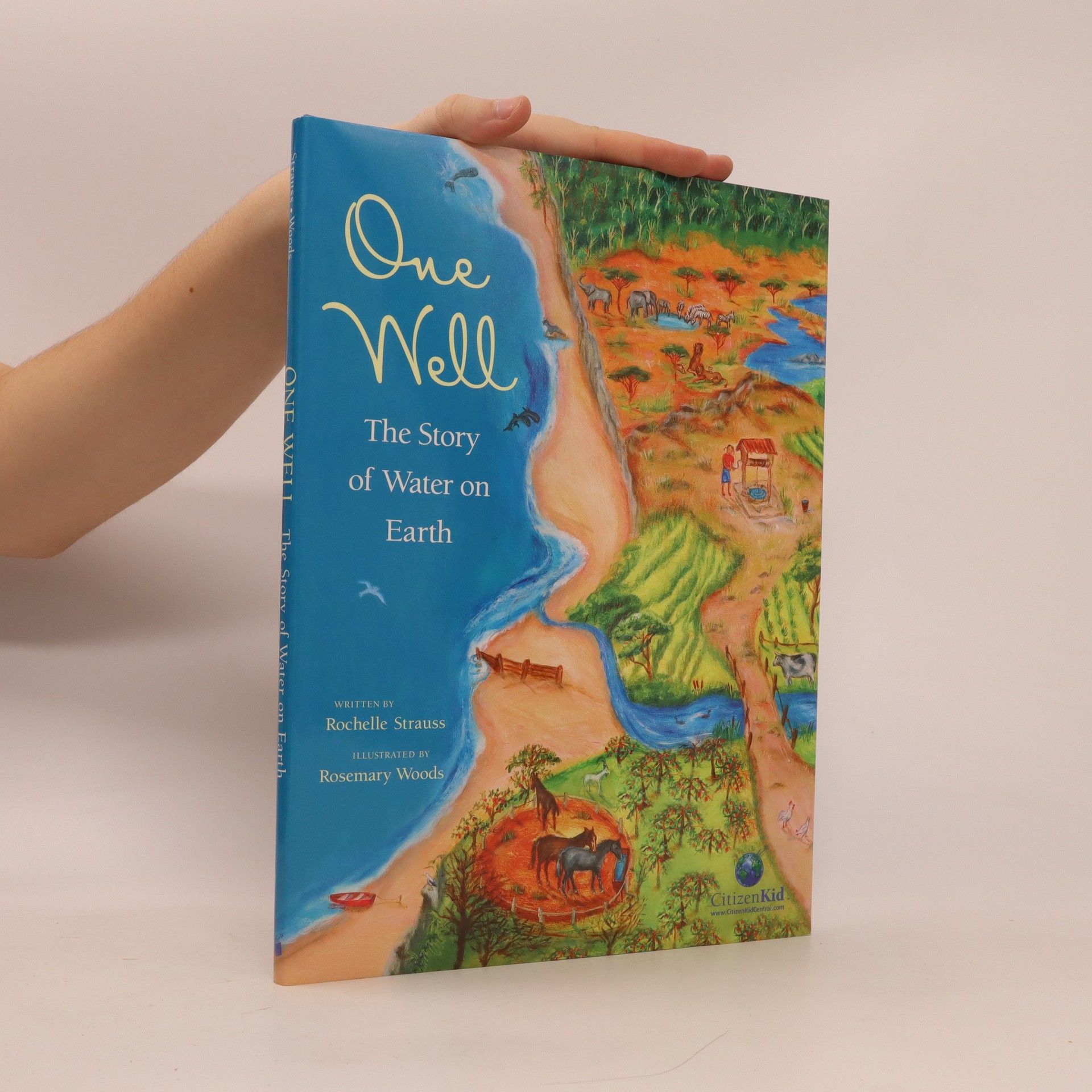One Well
- 32pages
- 2 heures de lecture
Seen from space, our planet looks blue. This is because almost 70 percent of Earth's surface is covered with water. Earth is the only planet with liquid water --- and therefore the only planet that can support life. All water is connected. Every raindrop, lake, underground river and glacier is part of a single global well. Water has the power to change everything --- a single splash can sprout a seed, quench a thirst, provide a habitat, generate energy and sustain life. How we treat the water in the well will affect every species on the planet, now and for years to come. One Well shows how every one of us has the power to conserve and protect our global well. One Well is part of CitizenKid: A collection of books that inform children about the world and inspire them to be better global citizens.

